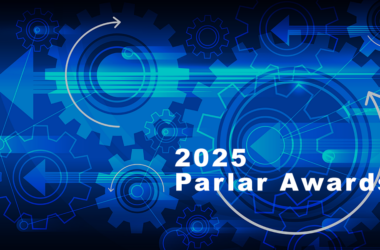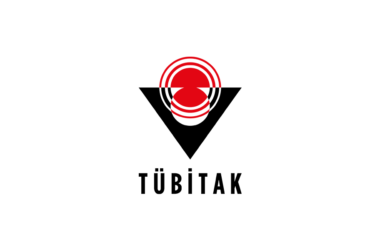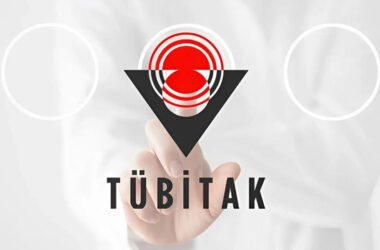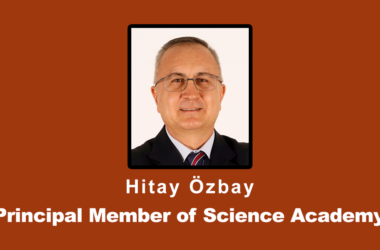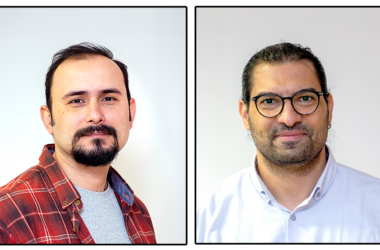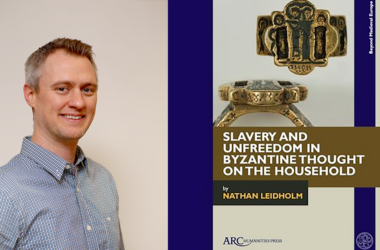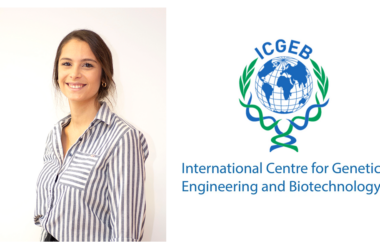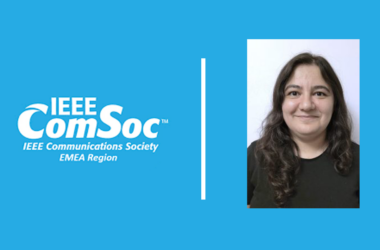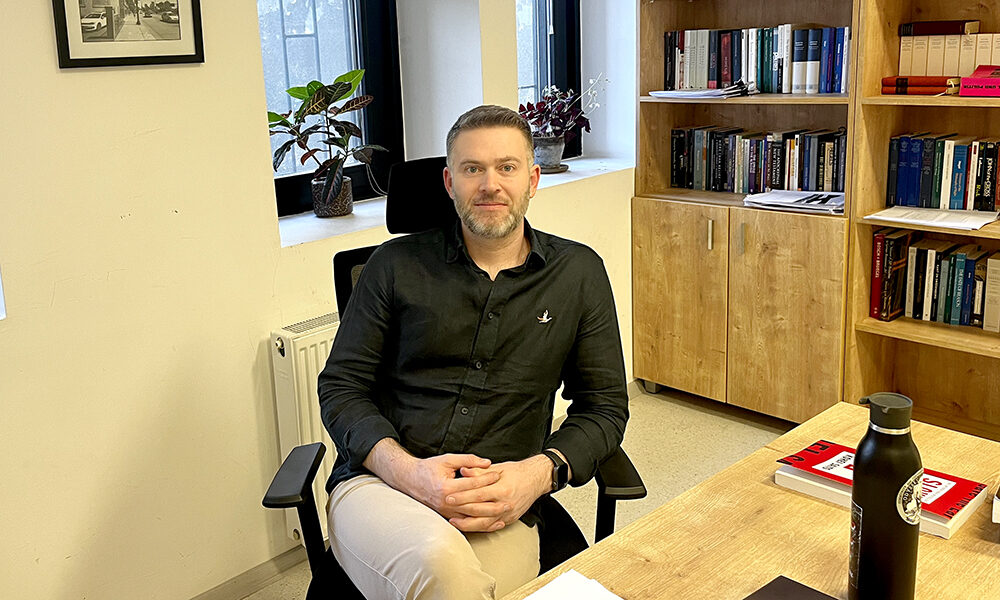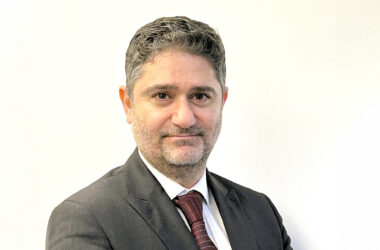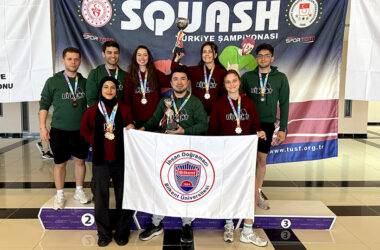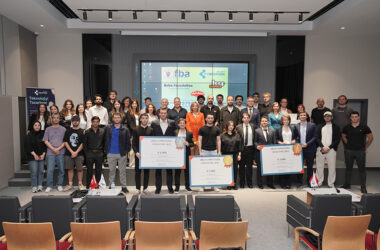Asst. Prof. Matthew Thomas Stoltz, a faculty member in the Cultures, Civilizations and Ideas Program, earned his PhD in German Studies from Cornell University in 2019. His research focuses on 18th-century intersections between aesthetics, theology and literature, with an emphasis on German intellectual traditions. Recent publications include Romantic Figurations (İstanbul University Press, 2024) and “A Touch of Heterodoxy” (Lessing Yearbook, 2021). He’s currently preparing an article on iconoclasm in Early German Romanticism and has contributed to translation projects like The Creativity Complex (De Gruyter, 2018) and “Surrounding and Surrounded” (Critical Inquiry, 2023). His broader interests include systems theory, art history, philosophy and the history of the Lutheran Reformation.
Why did you choose an academic career?
Growing up, I never saw myself becoming an academic. My world revolved more around sports than school, and the idea of pursuing higher education felt distant. But everything shifted when I left home and started university. I discovered a passion for learning—something I hadn’t anticipated. Each new book, each language I studied, opened up a world I wanted to understand more deeply. I was fortunate to have professors who believed in me and encouraged me to consider a PhD—something that can make all the difference for young students. And later, my time working in construction gave me a renewed appreciation for the value of intellectual work. That experience became a turning point, nudging me back toward the university with a newfound sense of purpose.
What do you like the most about being at Bilkent?
One of the things I value most about being at Bilkent is engaging with students. I enjoy teaching them, and they, in turn, teach me a lot about their world. I’m always happy to have that kind of exchange. I also like the campus cats, many of the natural areas and of course the sports hall, which I try to use as often as I can.
What projects are you working on currently?
Currently, I’m working on several projects that explore a key moment in German intellectual history that challenged traditional beliefs in religious truth or “revealed” knowledge. This shift began in the 1770s, after G.E. Lessing published a controversial set of essays by an “unnamed” deist. These writings sparked intense debate and led theologians and artists of the time to reconsider the foundations of their faith. My research considers how Romanticism helped reshape some of those discussions, especially in terms of how individuals start to relate to their systems of faith in novel ways. One article I’m completing focuses on the role of visual culture in religious education; that is to say, how education can be rendered through images, not just discursive practices or the written and spoken word (which became the preferred medium after Martin Luther). I also recently presented new work at a conference in Toronto that examines the idea of “figuration” as a mode of historical interpretation that differs from allegorical or symbolic modes of interpreting the past. I again turn to Lessing’s work for this research by exploring a discord I find there between figuration and what he calls “pointers” or signs and clues left behind in our historical records that help us understand where the future might be headed.
What’s your best work?
I hope my best work is still trying to find its way into the light of day! That said, I still stand by one of my earliest publications, which explores an 18th-century poet’s (Klopstock’s) bold attempt to rewrite the New Testament as epic verse. My focus is on how he portrays the figure of Doubting Thomas—the apostle who insisted on seeing and touching the resurrected Christ in order to believe. I argue that Klopstock himself shares Thomas’s “tragic” flaw: he doubts the power of scripture alone to communicate meaning and feels the need to embellish it through epic poetry. More recently, I published an article with İstanbul University Press that examines how two Romantic writers, Novalis and Kleist, invoked the figure of Martin Luther. I explore how each author used Luther to represent contrasting visions of Europe—one utopian, the other dystopian.
What has been the most exciting moment of your career so far? Could you share a turning point or defining moment in your career?
Looking back on the apprenticeship phase of my career––which is to say graduate school––I feel incredibly grateful for the opportunities I had to conduct research abroad. Being able to explore foreign archives and immerse myself in cultures different from my own was not only exciting, it was profoundly eye-opening. Those experiences deeply shaped the way I see the world and my work. Completing my dissertation was another meaningful milestone, one that came with its own mix of challenges and rewards. Now, having the chance to expand on that research and, hopefully, transform it into a book, feels like the next step in my academic journey.
When and where do you do your best thinking?
Surprisingly, not at the writing desk! I often find that my clearest thoughts come to me when I’m out for a walk or on an urban hike—those quiet moments when my mind is free to wander. I also find a certain presence of mind when I’m on a train, listening to music and watching the landscape change. It’s in those quiet, fleeting moments, amidst the hustle and bustle of life, that reflection finds me.
What do you like to do when you are not working?
When I’m not working, I try to stay active with a mix of activities—things like weightlifting, swimming, yoga, Pilates, cycling, urban hiking and even farming in the summers. I find that staying active helps me feel youthful and energized! I also love to explore new places, and one of my favorite recent trips was to Artvin, which was stunningly beautiful!
What distracts you?
We live in a world full of distractions, and sometimes it’s hard to know where to draw the line. There are distractions that help us recharge and those that pull us further away from what we need to do. My cats, for example, have a way of distracting me, but in the best way—like when they give me that look that says, “Hey, take a breath and relax for a moment.”
What are you most curious about?
Living in Türkiye has sparked new curiosities in me that I hadn’t anticipated. In my field—German Studies—there’s a rich area of specialization that explores the connections between Turkish and German cultures through history, literature, architecture and so much more. Although I didn’t study this topic in depth before, being here has opened up a meaningful opportunity to engage with it in a more personal and thoughtful way.
Which books have influenced you the most, and why?
That’s a hard one—like picking one’s favorite children. Within my field, there are the usual suspects: Kant, Hegel, Marx, Hannah Arendt, Lessing and the Romantics were all very formative. As an undergraduate, I studied English/American literature and was especially influenced by American poetry. I avidly read American poets like Walt Whitman, Emily Dickenson, William Carlos Williams, John Berryman, Wallace Stevens, Adrienne Rich and many others.
Which films have influenced you the most, and why?
I’ve been especially influenced by the work of the Coen brothers and David Lynch, who recently passed away. Actually, “Twin Peaks” is probably one of my all-time favorite shows…I’ve watched it so many times I could probably recite it! Lately, I’ve been watching the show “Severance,” which has really stayed with me.
If you weren’t an academic, what career would you choose?
I think I would probably choose something hands-on—maybe a builder or furniture maker. I’ve always enjoyed woodworking; I’m not even sure why, it’s just something I’ve always been drawn to. In the summers, I spend time working on a farm in Kayseri. Just last summer we built a chicken coop. When I worked in construction during my 20s, I dreaded this kind of work, but now I’ve come to appreciate it—it can be very gratifying to produce something with your hands.
What is the secret to leading a happy life?
To my mind, being kind to yourself makes all the difference. It’s very easy to be our own worst critic, but it’s important to take a step back and give yourself credit when credit is due––to acknowledge the positive things you’ve done. Of course, happiness isn’t just about our own well-being. We also have a responsibility to others. When we take the time to contribute to the happiness of others, even if in the smallest of ways, this can enhance our shared quality of life.
If you could go back to your undergraduate/graduate student years, what advice would you give to your younger self?
“Life as an academic won’t always feel stable, and there will be times when your family may not fully understand the value of what you do. There will be moments of uncertainty and hardship, and you’ll encounter difficult people along the way. But don’t let any of this deter you from pursuing your goals. Embrace these challenges with an open heart, knowing that it’s the toughest journeys that will contribute most to your development. You’ve got this, and in the end, it will be worth it!”
If you had unlimited funds, what would you like to research?
I’d love to see a society for the humanities, or a humanities center, established at Bilkent—one that emphasizes collaborative research. It would be a space where researchers can come together to explore the important themes our society urgently needs to confront. For example, around the world, universities are increasingly being pressured by political authorities to suppress critical voices on their campuses. It is crucial to understand that these voices of protest come from a place of care––a commitment to improve the very institutions that are vital to democratic civil society. Universities must continue to play a leading role in fostering democratic practices and open dialogue on their campuses, and it’s our collective responsibility to support and protect that role. With unlimited funding, I envision a humanities center serving as a vibrant platform where such dialogue could flourish.
